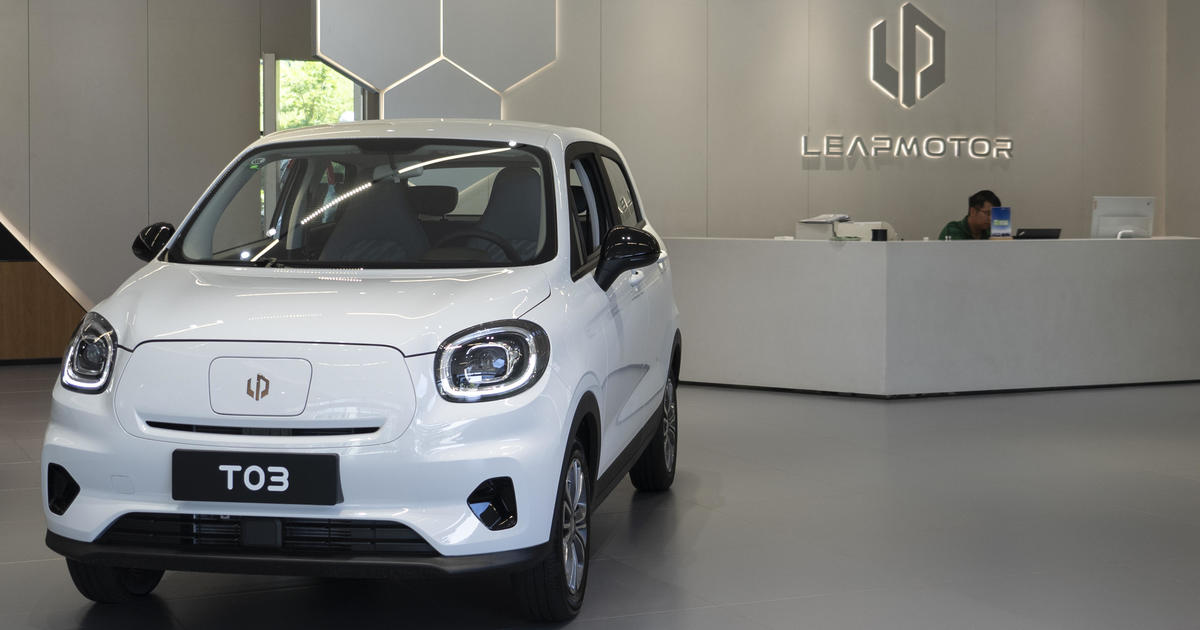President Biden recently quadrupled tariffs on Chinese electric vehicles in an effort to prevent China from undercutting American automakers with cheaper EVs. While the move is not specifically aimed at addressing national security concerns related to Chinese-made internet-connected vehicles, some members of the president’s own party have raised alarm about potential risks. Democratic Senator Sherrod Brown of Ohio, a major manufacturing hub for U.S. automakers, has called for a ban on Chinese EVs, citing worries about personal data being transmitted to the Chinese Communist Party. Brown argues that Chinese EV technology could allow China to gather information on traffic patterns, critical infrastructure, and even individual lives, highlighting a lack of reciprocity as China does not allow American-made vehicles near its government buildings.
Similarly, Democratic Representative Elissa Slotkin from Michigan, a key state in the nation’s automaking industry, has expressed concerns about the influx of Chinese-made connected vehicles into the U.S. Slotkin, a former CIA analyst and intelligence official, has warned that such vehicles could provide China with valuable data on U.S. military bases, infrastructure facilities, and even individual leaders. She has raised the issue with Defense Secretary Lloyd Austin, emphasizing the potential risks of allowing a potential adversary access to detailed information that could be used to target critical infrastructure or U.S. leaders. Slotkin also highlighted the lack of a national security vetting process for imported Chinese cars, including those manufactured in Mexico.
In addition to Democratic concerns, some Republicans have also supported tariff increases on Chinese-made electric vehicles, with Senator Tom Cotton of Arkansas expressing long-standing worries about Chinese-owned platforms like TikTok. President Biden’s decision to quadruple tariffs on Chinese EVs was motivated by the administration’s desire to prevent China from flooding western markets with inexpensive vehicles that could threaten union manufacturing jobs in the U.S. The move aims to protect American companies from unfair competition by Chinese automakers, who benefit from government backing, cheap labor, and supplies.
The tariff increase on Chinese electric vehicles was announced by President Biden as part of efforts to address economic and trade challenges posed by China. The decision to raise tariffs to 100% from the current rate of 25% reflects the administration’s commitment to protecting U.S. industries and workers from unfair practices by foreign competitors. By imposing higher tariffs on Chinese EVs, the administration hopes to level the playing field for American automakers and prevent China from gaining a competitive advantage in the global electric vehicle market. The move underscores the administration’s focus on promoting domestic manufacturing and protecting national security interests in the face of growing economic competition from China.









